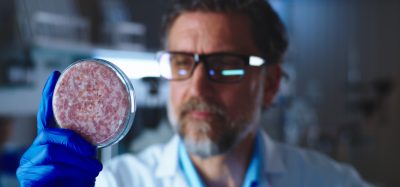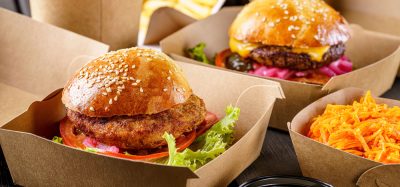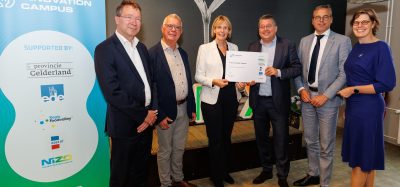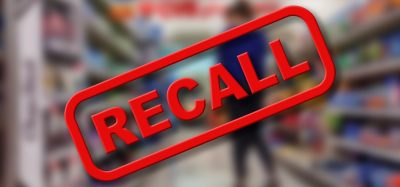PepsiCo release 2018 Sustainability Report
Posted: 26 September 2019 | Sam Mehmet (New Food) | No comments yet
In order to support a more sustainable food system, the PepsiCo Sustainability Report highlights six priority areas of current progress and future goals.
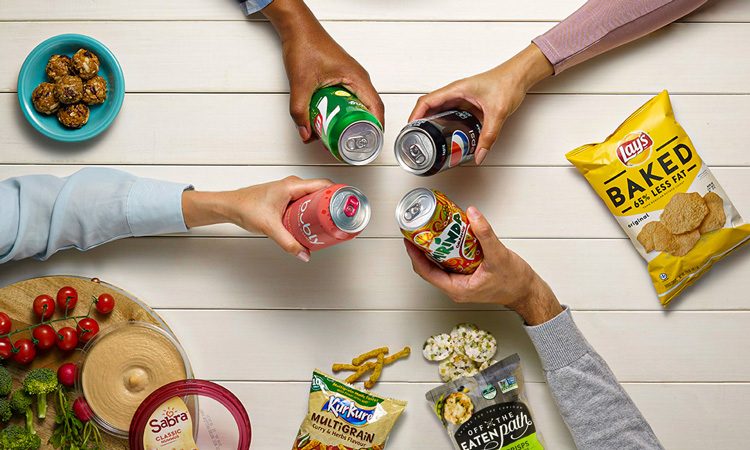

PepsiCo Inc. has published its 2018 Sustainability Report, outlining the company’s progress against its sustainability goals and announcing a new purpose behind its sustainability agenda: To help build a more sustainable food system.
“With an agricultural supply chain touching 60 nations, we undoubtedly have a role to play in addressing the challenges of the modern food system, from climate change and resource scarcity, to packaging waste and income inequality,” said Ramon Laguarta, PepsiCo’s CEO and Chairman. “As we strive to use our global scale for good, we are deeply committed to accelerating progress in our sustainability agenda.”
PepsiCo’s 2018 Sustainability Report highlights progress and goals in six priority areas where the company believes it can best make a contribution to building a more sustainable food system.
1. Agriculture
By the end of 2018, more than half of PepsiCo’s direct farmer-sourced agricultural raw materials, such as potatoes, whole corn, oats and oranges, were verified as sustainably sourced through its Sustainable Farming Program. The company continues working toward its target to reach 100 percent by the end of 2020.
In Europe, through PepsiCo’s Sustainable Farming Program, the company are working with over 3,900 farms across 17 markets, providing training and access to precision agriculture technology, such as iCrop 2.0, which is helping their farmers grow more, while using less.
2. Water
PepsiCo is focused on improving water-use efficiency in high water-risk farming and manufacturing operations with new technology such as Splash Cone, saving 200 million litres annually in the company’s European snacks plants. PepsiCo is also replenishing 100 percent of the water it consumes in manufacturing in high water-risk areas by 2025. The company aims to advocate for policies and practices that protect local watersheds.
3. Packaging
PepsiCo recently announced a target to reduce 35 percent of virgin plastic content across its beverage portfolio by 2025. The company aims to use 25 percent recycled content in its plastic packaging by 2025 and 50 percent recycled content in its plastic bottles in the EU by 2030. By continuing to develop its ‘Beyond the Bottle’ strategy, the company estimates 67 billion single-use plastic bottles will be avoided through 2025.
Products
PepsiCo is continuing to reduce added sugars, sodium and saturated fat, and is expanding its product portfolio with new innovations and acquisitions based on nutritious ingredients.
Climate
PepsiCo has set a goal to reduce absolute greenhouse gas emissions across its value chain by 20 percent by 2030, from a 2015 baseline. In 2018, PepsiCo reduced Scope 3 emissions (outside the company’s direct operations) by approximately 2.2 million metric tonnes, in addition to decreasing Scope 1 and 2 emissions by 6.4 percent within its direct operations.
The company is promoting climate-friendly agricultural practices, expanding its fleet of low-carbon vehicles and expanding its use of renewable energy in its manufacturing operations.
“Advancing sustainability and being a more purposeful company will play an essential role in PepsiCo’s future. I firmly believe that business leadership in the 21st century must include a responsibility to our planet, our communities and future generations,” Laguarta concluded.
Related topics
Environment, Packaging & Labelling, Regulation & Legislation, Sustainability, Water




